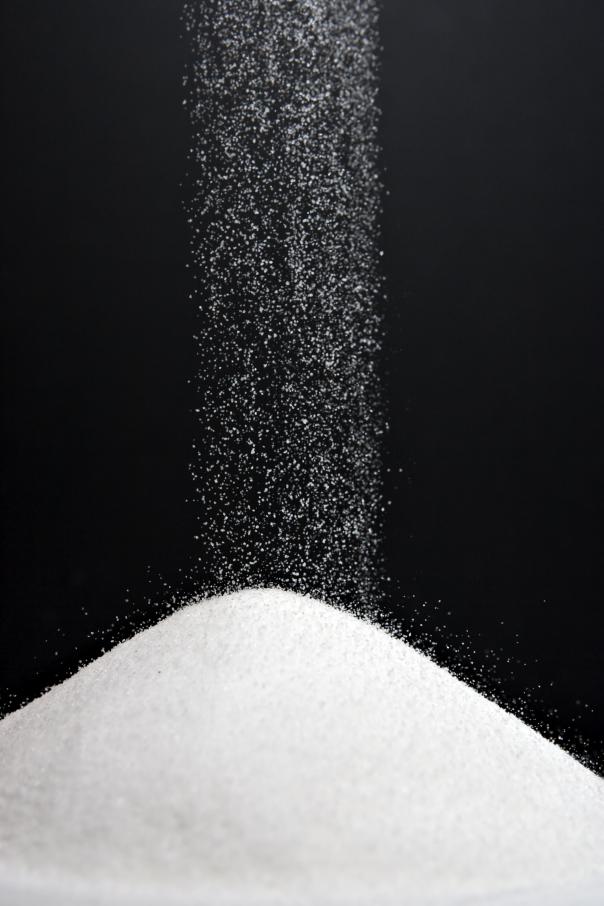
Research by the group has found that the levels of sugar in fizzy drinks by the likes of Pepsi Co and Coca Cola Company differ dramatically between countries.
For instance, a 330ml can of Sprite bought in Austria or Poland contains 19g of sugar and in the UK contains 22g, however if bought in Thailand, the drink contains 47g, a difference of 28g.
The survey, which reviewed 274 sugar-sweetened soft drinks produced across the world, found that every single product (with available nutrition data) would receive a dangerously high red-colour coded label if it were consumed in a standard 330ml can.
Furthermore, 88% of products (with available nutrition data) contain more than your entire recommendation for the day, including all 330ml cans of Coca Cola, Pepsi and 7UP consumed anywhere in the world. The daily recommended intake of free sugars for the day is 25g, the equivalent of six teaspoons.
In the UK, Action on Sugar is campaigning for sugar-sweetened soft drinks to be reformulated in the same way as the UK’s salt reduction programme. All leading supermarkets have been contacted and have agreed to reformulate their sugar-sweetened soft drinks according to their own programme.
The group now wants to see the UK government to take action and lead the call to reduce the levels of free sugars by implementing a similar programme immediately.
Graham MacGregor, professor of cardiovascular medicine at Queen Mary University of London and chairman of Action on Sugar, said: “Overweight and obesity increases health-care costs and threatens the economic growth on which a country’s future prosperity and wellbeing depend. This survey illustrates the fact that the soft drinks industry is part of the cause of the world’s growing obesity pandemic and action must be taken now.
“In the UK, all leading supermarkets are either reducing sugars in their soft drinks or have committed to follow sugar reduction targets. Jeremy Hunt has not taken any action for over a year; it’s time David Cameron took the lead on this.”
Kawther Hashem, nutritionist at Action on Sugar, said: “It’s high time soft drinks manufacturers around the world stop adding unnecessary sugars and calories to their products and work universally to set sugar reduction targets once and for all. Our research has shown discrepancies between the sugar content in the same carbonated drinks sold across the world and this needs to stop.
“People are drinking spoonful’s of sugar in their carbonated drinks. Look on the label for ‘sugars per 100ml’ and switch to a lower or no added sugar variety of your favourite drink, or even better, don’t drink them, they contain nothing of any nutritional value. Drink water and save money too!”
Research by Action on Sugar earlier this year found that parents were being misled by the amount of hidden sugars in so-called ‘healthy’ fruit snacks aimed at children.